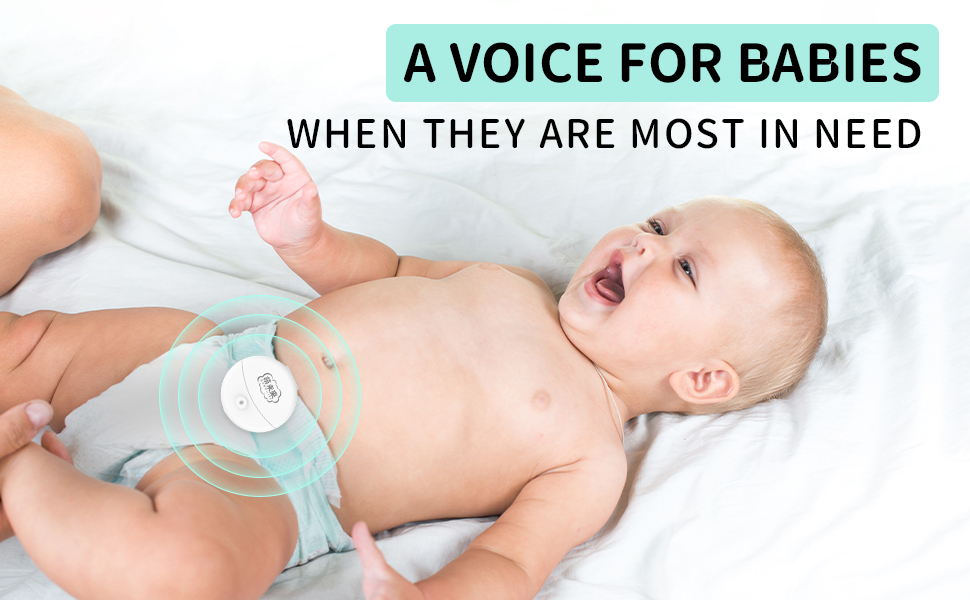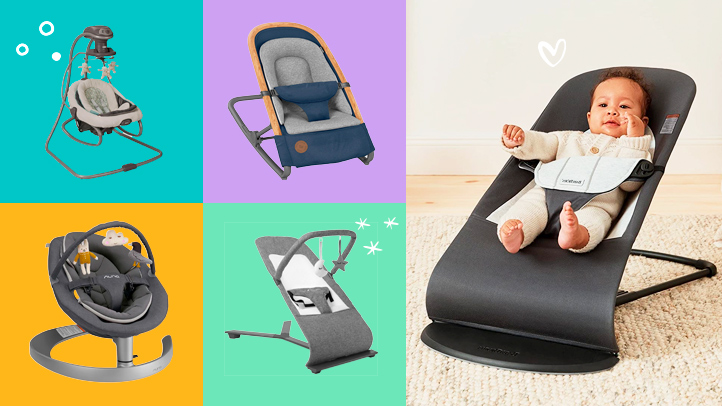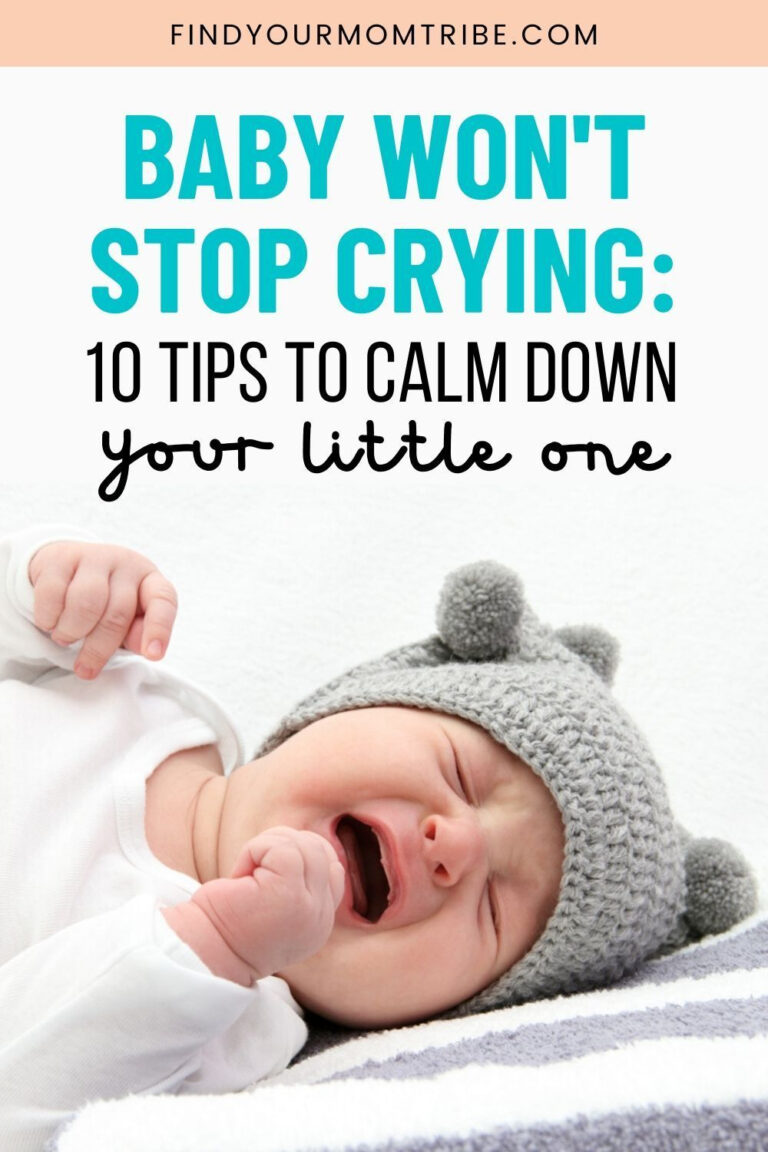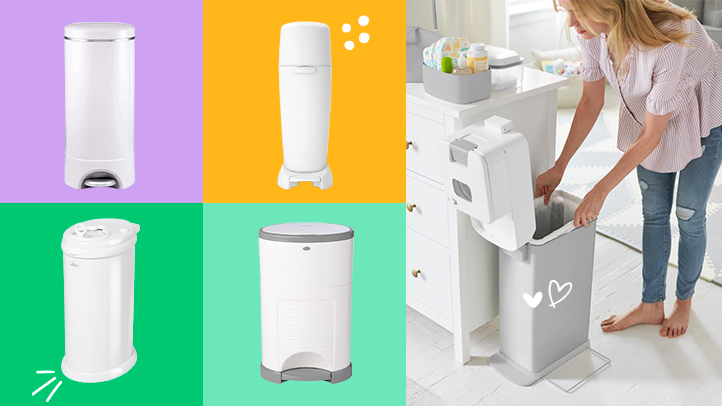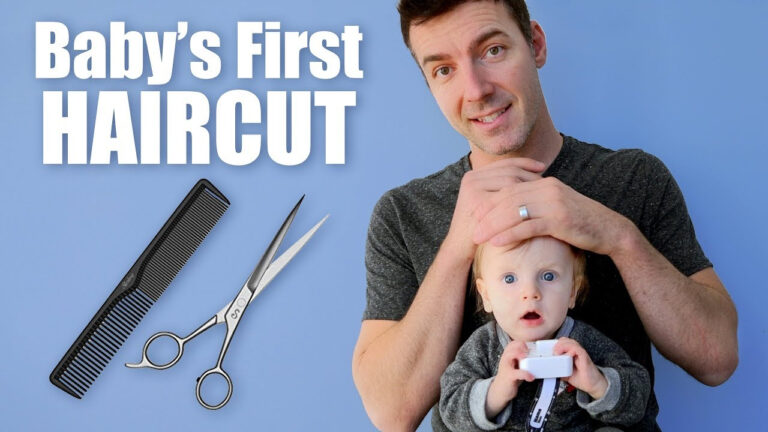What To Do If Baby Stops Breathing: A Critical Guide for Parents
As a parent, few things are as frightening as the thought of your baby stopping breathing. It’s a situation that no one wants to imagine, but being prepared and knowing what to do in such a scenario can make all the difference. In this comprehensive guide, we will cover everything you need to know about what to do if your baby stops breathing.
Knowledge
When faced with the terrifying situation of your baby not breathing, the most important thing to do is to stay calm. Panicking will only hinder your ability to think clearly and act decisively. The first step is to check if your baby is responsive by gently tapping or flicking their foot and calling out their name. If there is no response, immediately call emergency services and begin CPR.
To perform CPR on a baby, lay them on a flat surface and tilt their head back slightly to open the airway. Place two fingers in the center of their chest just below the nipple line and press down with gentle but firm pressure. Repeat this at a rate of 100-120 compressions per minute, making sure to give two rescue breaths after every 30 compressions.
If you suspect that something is blocking your baby’s airway, carefully perform the head-tilt chin-lift maneuver to clear any obstructions. Avoid sticking your fingers into your baby’s mouth as this can push the object further down. Instead, gently sweep your finger across the inside of their mouth to remove any visible blockages.
Even if your baby starts breathing again on their own, it is crucial to seek medical attention immediately. Sudden infant death syndrome (SIDS) is a real threat, and any episode of your baby stopping breathing should be taken seriously. Your healthcare provider can conduct tests to determine the underlying cause and provide guidance on how to prevent future incidents.
Conclusion
In conclusion, knowing what to do if your baby stops breathing can potentially save their life. By staying calm, performing CPR, clearing the airway, and seeking medical attention, you can increase the chances of a positive outcome in a dire situation. This information is essential for all parents and caregivers to have at their disposal.
Remember, prevention is always the best course of action, so ensure that your baby sleeps on their back, avoid exposure to smoke, and follow safe sleep practices to reduce the risk of SIDS. Being informed and prepared is the best defense against any emergency.
